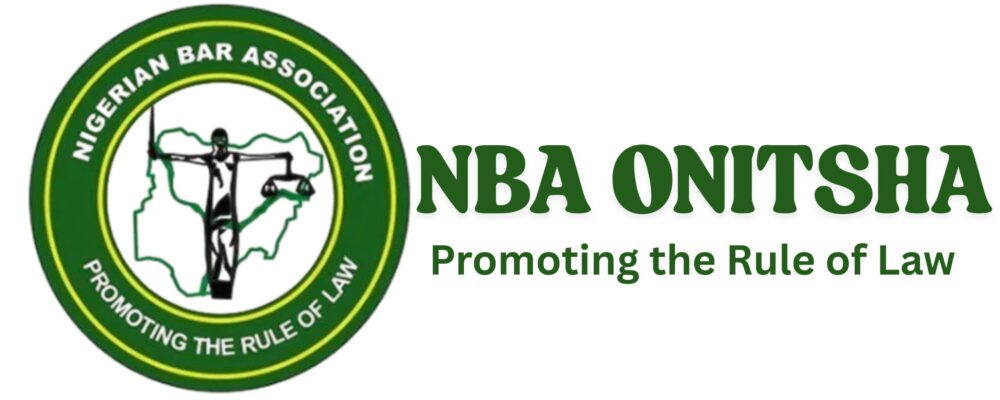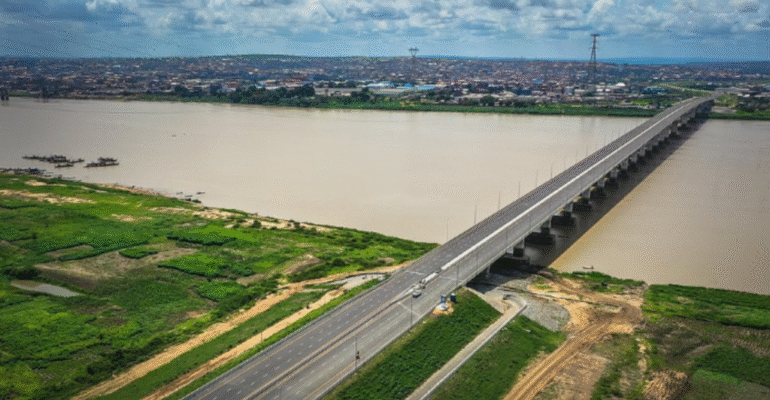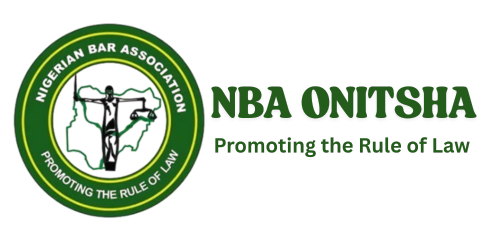Land Disputes in Anambra: What Every Buyer Should Know Before Purchasing Property
Anambra State, particularly urban centers like Onitsha and Awka, is witnessing a real estate boom. With increased population and commercial activity, the value of land is higher than ever. But with this surge in demand comes an equally concerning rise in land-related disputes. For anyone looking to buy property in Anambra, understanding the legal and practical landscape is not just important—it’s essential.
This article explores the common risks, red flags, and legal steps you should take to avoid falling victim to land scams, community disputes, or overlapping claims.
1. The High Stakes of Land Ownership in Anambra
Land is one of the most treasured assets in Igbo culture. In Anambra, landownership signifies status, stability, and security. Because of this, competition for land—especially in fast-developing zones—can be intense. Unfortunately, this demand has created fertile ground for fraudsters, land speculators, and opportunistic claimants.
2. Common Types of Land Disputes
Understanding the common patterns of disputes will help you avoid them. Some of the most frequent issues include:
- Multiple Sales: One parcel of land is sold to several buyers by the same seller or by different members of the same family.
- Unverified Family Ownership: Land being sold by someone who lacks the consent of other rightful family stakeholders.
- Disputed Boundaries: Vague or conflicting boundary lines often lead to fights between neighbors or communities.
- Government Acquisition: Buying land that is under government acquisition or earmarked for public projects.
- Fraudulent Survey Plans: Fake or altered survey documents that misrepresent the land’s location or size.
3. The Dangers of Buying Without Legal Representation
Too many buyers skip legal steps in a bid to save costs or because they trust the seller. This can lead to years of litigation or even complete loss of property. Without proper legal documentation and due diligence, you are vulnerable.
Risks Include:
- Loss of funds
- Prolonged court battles
- Inability to resell or develop the land
- Personal safety risks in disputed zones
4. Due Diligence: What Every Buyer Must Do
Before you pay for any property in Anambra, take these legal precautions:
- Title Search: Conduct a formal search at the Anambra State Land Registry to verify title ownership and whether the land is free from encumbrances.
- Family Consent: Where communal land is involved, ensure that all principal members of the family sign the deed of assignment.
- Physical Inspection: Always visit the land physically. Check for signs of possession, encroachment, or existing disputes.
- Survey Verification: Hire a licensed surveyor to confirm the land boundaries and cross-check coordinates.
- Check for Gazette or Revocation Notices: Especially important in government acquisition areas like Onitsha, Awka, and Nnewi.
5. The Role of Lawyers in Property Transactions
Engaging a qualified legal practitioner is one of the smartest moves a buyer can make. A lawyer will:
- Draft and review agreements
- Conduct title verification
- Manage document registration
- File statutory declarations and affidavits where needed
- Help avoid regulatory and family-based land traps
In Onitsha, many land disputes have been prevented or resolved amicably through the involvement of lawyers during the transaction process.
6. Red Flags to Watch For
Even with all paperwork seemingly in place, some red flags should never be ignored:
- The seller refuses to allow a title search
- The land is being offered at a significantly low price
- Pressure to pay quickly without documentation
- Claims that “the land has no papers but it’s genuine”
- Presence of multiple people claiming to represent the owner
When any of these signs appear, pause the transaction and consult with legal professionals.
7. Government Policies and Land Use
Under the Land Use Act of 1978, all land in a state is vested in the Governor who holds it in trust for the people. This means that even after purchasing land, you must process a Certificate of Occupancy (C of O) or other proof of government consent to legally formalize ownership.
Failure to comply with these laws may result in losing the land during enforcement or development projects.
8. Role of Community Leaders and Vigilance
In many parts of Anambra, particularly in semi-urban areas, traditional leaders and town unions play key roles in land matters. Buyers must not ignore these stakeholders, especially when dealing with family or communal land.
Arrange meetings with:
- The village head or Igwe
- Youth leaders and elders
- Representatives of town planning committees
Documenting their acknowledgment can serve as extra protection in court.
9. Legal Remedies If Dispute Arises
If a dispute occurs despite your precautions, take the following steps:
- Petition the police if fraud or criminal elements are involved
- Engage your lawyer to issue demand letters and begin settlement talks
- File a case in court for possession, declaration of title, or injunctions
- Consider ADR (Alternative Dispute Resolution) through the NBA or community mediators
Conclusion
Buying land in Anambra can be a life-changing investment—but it comes with serious risks if not handled properly. The key to a secure transaction is due diligence, legal guidance, and awareness. Don’t cut corners, don’t act on emotion, and don’t rely on verbal assurances.
With the right team—especially a qualified legal practitioner—you can own land confidently and protect your investment for generations to come.
If you need help verifying land documents or navigating a land transaction in Onitsha or anywhere in Anambra, the NBA Onitsha Branch has experienced property law professionals who are ready to assist you.



